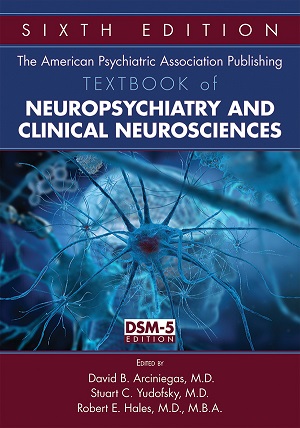Chapter 8.Delirium
Sections
Excerpt
Delirium has been recognized for thousands of years. The origins of the word trace back to the Latin delirare, literally meaning to “go off the furrow” (de “off, away from” + lira “earth thrown up between two furrows”) and metaphorically referring to a state of deviation or derangement. As early as 500 b.c., the terms phrenitis and delirium were used to denote mental changes associated with fever, head trauma, or poisoning. Hippocrates’ writings reference phrenitis and lethargus to distinguish between what are now recognized as the two major subtypes of delirium, hyperactive and hypoactive, respectively. Formalized diagnostic criteria were eventually established and published in DSM-III (American Psychiatric Association 1980).
Access content
To read the fulltext, please use one of the options below to sign in or purchase access.- Personal login
- Institutional Login
- Sign in via OpenAthens
- Register for access
-
Please login/register if you wish to pair your device and check access availability.
Not a subscriber?
PsychiatryOnline subscription options offer access to the DSM-5 library, books, journals, CME, and patient resources. This all-in-one virtual library provides psychiatrists and mental health professionals with key resources for diagnosis, treatment, research, and professional development.
Need more help? PsychiatryOnline Customer Service may be reached by emailing [email protected] or by calling 800-368-5777 (in the U.S.) or 703-907-7322 (outside the U.S.).



